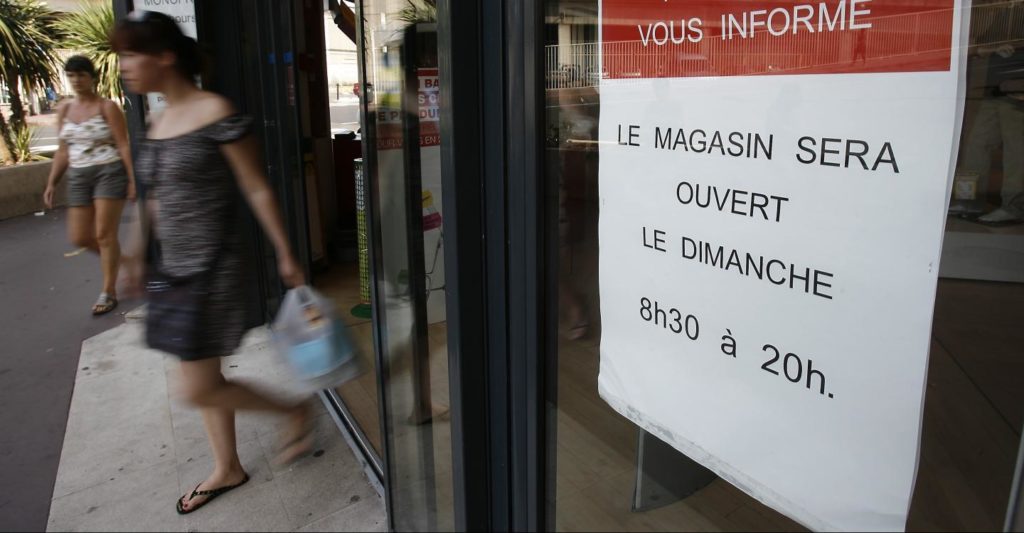The National Council has unanimously voted a liberal-inspired bill to authorise working on Sunday for employees of retail businesses.
In Monaco, the National Council and Government are generally in favour of offering customers the opportunity to shop on Sundays.
In October, Stephane Valeri and his elected majority Primo, tabled a bill on the opening of retail businesses possible throughout the Principality.
This was done since the bill was tabled in open session on 3rd December. But “capped at the post by the bill,” to quote the words of Beatrice Fresko, leader of Horizon Monaco. The government text provides for the creation of different “commercial zones.”
This is the proposal of the elected Corinne Bertani, signed by the 21 elected Primo, which was studied at the National Council at the end of the year.
The remarks of the elected representatives were without a hitch since the text of the majority was voted unanimously. For the National Council, this device would strengthen the competitiveness of the country while being attractive to the employee.
“A different day from the others”
The national advisers of Primo assume their “liberal” vision and want to allow all retail businesses to open. Because yes, Sunday is “a day different from others,” said Christophe Robino.
The elected President of the Committee of Social Interests and Other Business, said: “In the collective consciousness, Sunday remains and must remain, a day different from others. It represents the day of private life, devoted to the activities, family, sports and culture, unlike the rest of the week, which is generally devoted to public life and, first and foremost, professional life.”
It is not a question of Sunday working days but expanding the offer for locals and tourists.
In addition, those who work on Sundays will either be paid double or have a compensatory rest.
Another important measure of the bill is the state funding of the social charges inherent in Sunday’s double payment.
On a voluntary basis
In liberal logic, the National Council considers that “everyone can choose his activity and is master of his time: free to be active or idle, free also, if he wants it or thinks he needs it, to work.”
It, therefore, encourages, by the draft law, “a derogation by right” which implies the consent of the employee, “based on a voluntary and mutual agreement”.
On this aspect, Beatrice Fresko of Horizon Monaco emphasizes: “Article 3-6, ” In addition, an employer cannot take into consideration the refusal of a person to work on Sunday to refuse to hire him.
“It seems not advisable that, in a country like ours, figure, on a job offer, having to work on Sundays, thus flouting any notion of volunteering, which is the strong point of this proposal that I share. “











